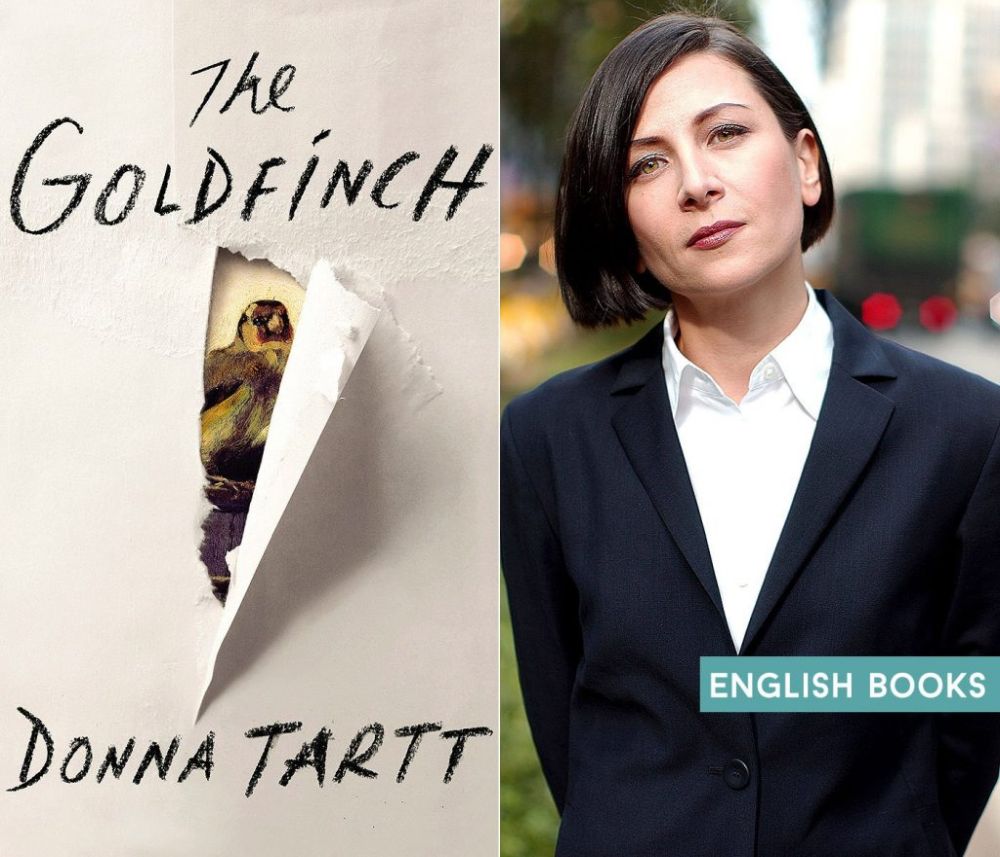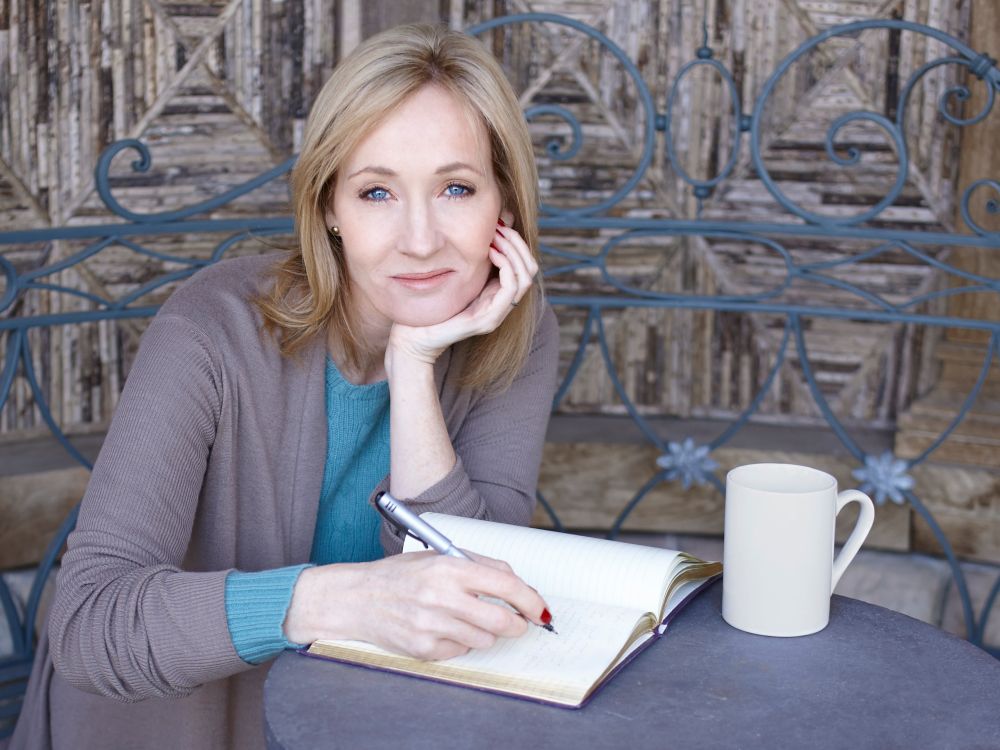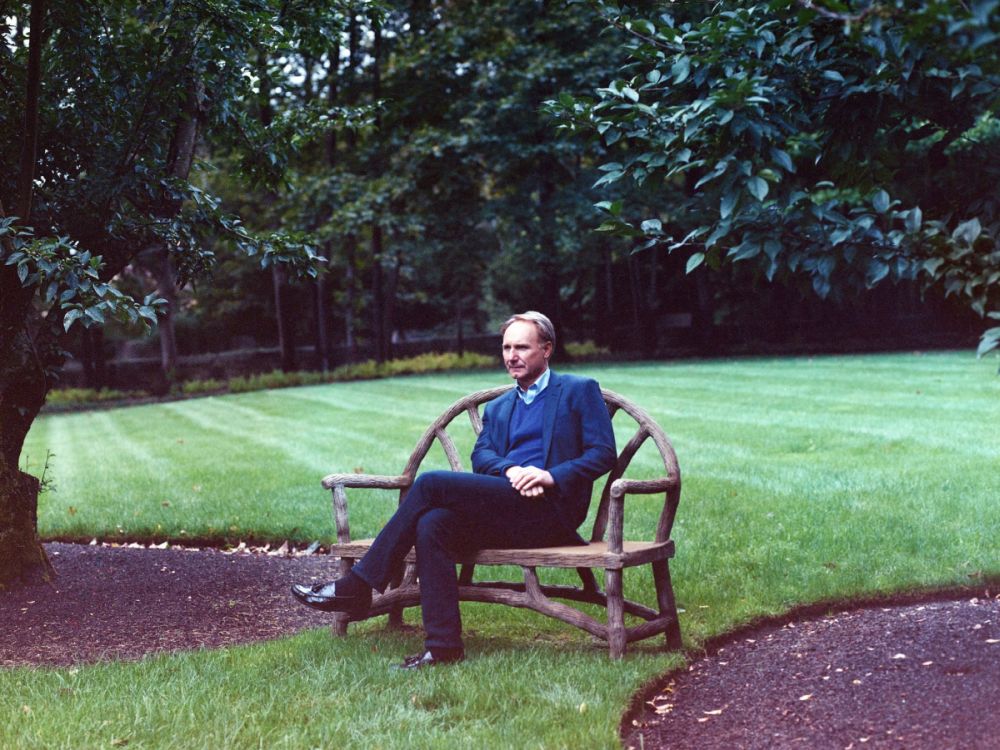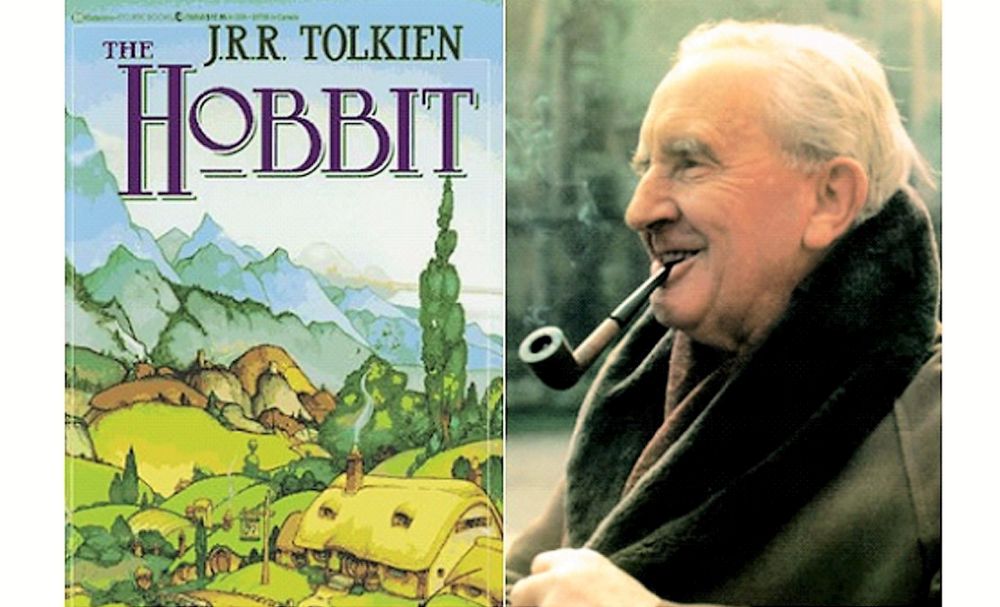Writing advice is hard to find, the reliable kind. Sure, you can go on Medium and find 100s of articles that say the same thing about how writing comes from the soul, and it’s a creative process, and you’re really born with it. But no, things are not that definite. Writing is a process, and the big writers know it. It’s not just creativity, but hard work, editing, and sleepless nights.
When it comes to the best writing advice you can ever get, what better place to look for it than some of the most amazing writers in history? I’ve made a list with my 10 favourite writers, and then went online and searched for their input on the process of writing. As much as you’d think writing is all creative, it’s also a precise science of planning, doing, and then editing.
In this guide:
Amor Towles
I recently discovered this author through his genius “A Gentleman In Moscow” novel. That was one of the most enjoyable reads ever. So relaxed, so paced, so filled with lines that just stick with you for years, possibly a lifetime! “If a man does not master his circumstances then he is bound to be mastered by them” was one of them. And so, so many other brilliant lines.
I found a lot of interviews that Amor did on writing, and here are some of his secrets on doing a terrific job, every time he sits down and works on a new book, regardless if he’s in the mood or not. There’s no such thing, being in the mood or not when you’re a writer. You just write.

Advice #1: Writing is a craft
“Writing is a craft. It’s not a mystical state. It’s not a single emotion. It is craft. I like to think of it as a great tennis player. Agassi did not have a great forehand. Agassi had 100 great forehands, each of which he has mastered by repetitive work. Because he’s trained himself so well in each of those different forehands, the forehand presents itself to him without thought as the perfect response to the ball that’s coming at him. Writing, same thing.” (source)
Advice #2: Inspiration comes after idea
“I almost never start with inspiration. If you start to write a scene or an idea, if you can stick at that for 20 minutes, eventually you can get lost in the process and the creative function takes over. The imagination suddenly kicks in. You almost have to dive in and start to work, and eventually, if you get in the groove, you can flourish.” (source)
Donna Tartt
If you’ve never read “The Goldfinch” or “The Secret History” by Donna Tartt, something is off with your life. Go read them now. This author is a character in herself. The way she talks, dresses, speaks, I adore her. She reminds me of a young Marilyn Manson, minus the terrifying makeup, who’s put down for his looks but delivers incredible wisdom through his speech.

Advice #3: Striving for perfectionism is good
“People say that perfectionism is bad. But it’s because of perfectionists that man walked on the moon and painted the Sistine Chapel, OK? Perfectionism is good. It’s all about production and economy these days. I don’t want to be the CEO of a corporation, Donna Tartt Inc. I work the way I’ve always worked, and I don’t want a big desk and fancy office and people answering the telephone.” (source)
Advice #4: Writing is about important questions
“In order for a long piece of work to engage a novelist over an extended period of time, it has to deal with questions that you find very important, that you’re trying to work out.” (source)
Advice #5: Read a lot!
“I read a lot while I’m writing. If I’m feeling dull or uninspired, I’ll often reach for a book of poetry: often an anthology of British and American poets of the 20th century that I’ve had since high school and am superstitious about. At night, I like to read something completely different from what I’m working on, to get my mind off my work–Ivy Compton-Burnet is always bracing and fresh, and so is P.G. Wodehouse.” (source)
Lucius Seneca
Now we’re going to take a trip down history lane, with these two following writers. One of whom is Lucius Seneca, the famous Greek thinker, philosopher, you can call him whatever you wish. Me, I call him a realist. A man who sees things for what they are. This is why I still read Seneca, for the truthful words and not inspiration, but grounding. His writing grounds me.
Advice #6: Balance writing and breaks from it
“We ought not to confine ourselves either to writing or to reading; the one, continuous writing, will cast a gloom over our strength, and exhaust it; the other will make our strength flabby and watery.” (source)
Advice #7: Turn creative by following the work of bees
“We should follow, men say, the example of the bees, who flit about and cull the flowers that are suitable for producing honey, and then arrange and assort in their cells all that they have brought in; these bees, as our Vergil says, “pack close the flowing honey, and swell their cells with nectar sweet”….
Certain others maintain that the materials which the bees have culled from the most delicate of blooming and flowering plants is transformed into this peculiar substance by a process of preserving and careful storing away, aided by what might be called fermentation, whereby separate elements are united into one substance.
We also, I say, ought to copy these bees, and sift whatever we have gathered from a varied course of reading, for such things are better preserved if they are kept separate; then, by applying the supervising care with which our nature has endowed us, in other words, our natural gifts, we should so blend those several flavours into one delicious compound that, even though it betrays its origin, yet it nevertheless is clearly a different thing from that whence it came.” (source)
Marcus Aurelius
I’ll just include two short pieces of writing advice from Marcus Aurelius, since he and Seneca are my all-time favorite “old” writers. This guy… just reading about what he did, and then his actual Meditations, it’s like looking at two different people. One that’s so fierce in battle and can take out a mammoth with his bare hands. And the other who’s calm, wise, and has made peace with himself, his situation, and the entire existence. Brilliant.
Advice #8: Expose your writing to people
“He does not write at all whose poems no man reads.” (source)
Advice #9: Obey the rules of writing
“In reading and writing, you cannot lay down rules until you have learnt to obey them. Much more so in life.” (source)
J.K. Rowling

There’s probably no freelance writer, or any type of writer, for that matter, to haven’t been influenced by the mother of Harry Potter over the last two decades. And apart from some more recent controversies regarding her name, J.K. Rowling is a master of writing. She’s so good at it, she’s the bestselling author in existence. She’s doing it better than any other person on Earth.
Advice #10: Writing is a discipline
“Moments of pure inspiration are glorious, but most of a writer’s life is, to adapt the old cliché, about perspiration rather than inspiration. Sometimes you have to write even when the muse isn’t cooperating.” (source)
Advice #11: All you need is talent and ink
“What if the passionate writer is broke and can’t afford a MacBook Air? I wrote the first 2 Potters by hand and typed them on a 10 yr old typewriter. All a writer needs is talent & ink.” (source)
Advice #12: Protect your writing time
“Be ruthless about protecting writing days, i.e., do not cave in to endless requests to have “essential” and “long overdue” meetings on those days. The funny thing is that, although writing has been my actual job for several years now, I still seem to have to fight for time in which to do it. Some people do not seem to grasp that I still have to sit down in peace and write the books, apparently believing that they pop up like mushrooms without my connivance. I must therefore guard the time allotted to writing as a Hungarian Horntail guards its first born egg.” (source)
Jack London
I don’t know if I remember it right but Jack London was my very first “real” author, if that makes any sense. He was the author which helped me move from little kids books into the much more real stuff. Something about his descriptions of snow, harsh winters, everything having to do with forests and mountains, just impressed me for life. He’s an incredible writer, to say the least, and one who’s not given enough credit for his masterful work.
Advice #13: Do you have something to say? Then say it
“Now you, young writer, have you something to say, or do you merely think you have something to say? If you have, there is nothing to prevent you from saying it. If you are capable of thinking thoughts which the world would like to hear, the very form of the thinking is the expression.” (source)
Advice #14: Write one story at the time
“…Don’t write too much. Concentrate your sweat on one story, rather than dissipate it over a dozen. Don’t loaf and invite inspiration; light out after it with a club, and if you don’t get it you will nonetheless get something that looks remarkably like it…” (source)
Dan Brown
I mean, there’s no way I’m publishing a writing advice piece without the man of the hour, the King of Thrillers, Dan Brown. He’s after all the man who’s written my favorite book of all time, “Angels and Demons”. Yes, I know, it’s a commercial title, but you know why this book has sold millions and millions of copies? Because it is GREAT! Brown is brilliant, to say the least, and his advice on writing is even more so!

Advice #15: Research is extremely important
“I believe that research is the most overlooked facet of writing a successful page-turner. Solid research enables genuine description—that is, writing filled with specifics. Examples of “specifics” might include the exact flora or fauna of a given setting, the accurate jargon of a technician, or something as simple as the step-by-step method for cooking a regional recipe. The inclusion of specifics will increase your writing’s credibility, depth, and appeal.” (source)
Advice #16: Reread your favorite books
“I often reread books I’ve enjoyed in the past. There are two reasons for this. In some cases, I’ve read the book so long ago that I’ve forgotten much of it and can enjoy it as if reading for the first time. In other instances, I remember the book well and choose to read it again to focus my attention not on the reading experience but rather on the novel’s inner workings… that is, the behind the scenes decisions the author has made on structure, tone, pace, and so on.” (source)
Rudyard Kipling
If you’ve ever been a child, and chances are, you were, then you are most likely to have met this author in your reading. The creator of “The Jungle Book”, Rudyard Kipling is a true inspiration for writers all over the world, considering his modest beginnings. His lessons on writing are like a bible to me, and here are two of his most valuable pieces of advice.
Advice #17: Hatch ideas while walking
“When he needed inspiration Kipling would go for long walks in the local Sussex countryside developing ideas in his mind, which he called his ‘hatching.’ He also kept what he called his day-bed In the corner of his study, where he would sit and wait for inspiration. He once explained he was listening for his ‘daemon’ that inspired his writing and had a mantra, which was ‘drift, wait, obey.’” (source)
Advice #18: Dream without being overruled by it
“If you can dream—and not make dreams your master;” A great piece of advice anyone can give you is to follow your dreams. But few realise that this is a huge responsibility. It involves starting from scratch, making sacrifices and working diligently towards achieving your goals. (source)
J.R.R. Tolkien

Who’s a fan of The Lord of the Rings? I know I am, mainly of the books, but also of the movies, sure! But I’m also a fan of Tolkien, and of his incredible life story. I always tell people to watch “Tolkein” on Netflix before diving into anything else, as this guy had an amazing life story. When it comes to writing, J.R.R. Tolkien was just a master!
Advice #19: There has to be truth in fiction
“The story-maker proves a successful ‘sub-creator’. He makes a Secondary World which your mind can enter. Inside it, what he relates is ‘true’: it accords with the laws of that world. You therefore believe it, while you are, as it were, inside. The moment disbelief arises, the spell is broken; the magic, or rather art, has failed.” (source)
Advice #20: You can tell a story, without telling a story
“A story must be told or there’ll be no story, yet it is the untold stories that are most moving.” (source)
Advice #21: Critiques are to be considered, and worked upon
“When he would say, ‘You can do better than that. Better, Tolkien, please!’ I would try. I’d sit down and write the section over and over. That happened with the scene I think is the best in the book, the confrontation between Gandalf and his rival wizard, Saruman, in the ravaged city of Isengard.” (source)
Umberto Eco
Ending this list with Umberto Eco, one of my favorite authors when it comes to descriptions, if not my favorite. Eco knows how to put your imagination into full gear and make you see the places he’s talking about in his books. It’s a writing style so few other authors can even grasp.
Advice #22: Avoid long sentences
“You are not Proust. Do not write long sentences. If they come into your head, write them, but then break them down. Do not be afraid to repeat the subject twice, and stay away from too many pronouns and subordinate clauses.” (source)
Advice #23: Do not care about judgement, aim for complicated things
“I think a book should be judged 10 years later, after reading and rereading it. I was always defined as too erudite and philosophical, too difficult. Then I wrote a novel that is not erudite at all, that is written in plain language, The Mysterious Flame of Queen Loana, and among my novels, it is the one that has sold the least. So probably I am writing for masochists. It’s only publishers and some journalists who believe that people want simple things. People are tired of simple things. They want to be challenged.” (source)
—



